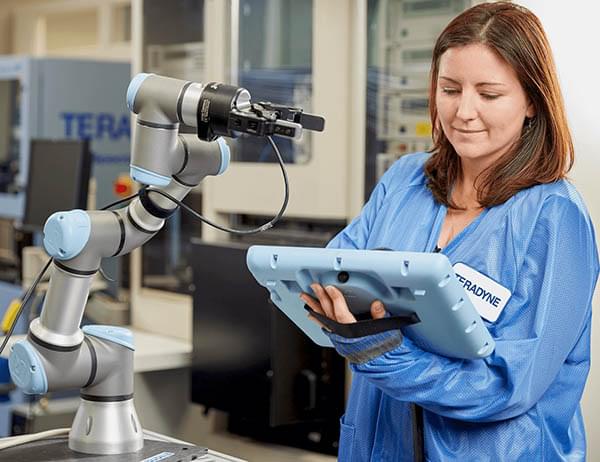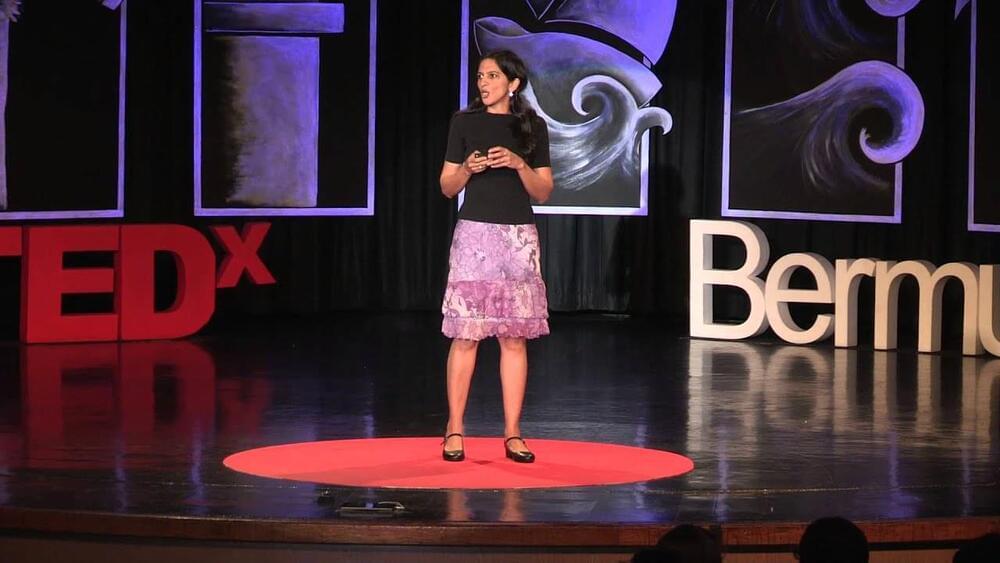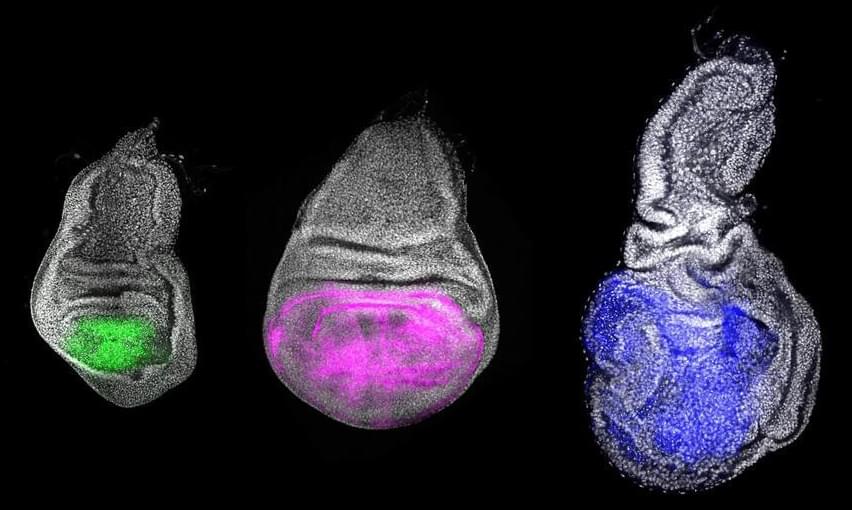(August 9, 1927 – January 24, 2016) was an American cognitive and computer scientist concerned largely with research of artificial intelligence (AI), co-founder of the Massachusetts Institute of Technology’s AI laboratory, and author of several texts concerning AI and philosophy.[12][13][14][15].
Page 2886
May 31, 2023
Brain Computer Interfaces in 2050: Top 10 Future Technologies
Posted by Jose Ruben Rodriguez Fuentes in categories: augmented reality, bioengineering, business, genetics, robotics/AI, transhumanism

This video explores Brain Computer Interfaces in 2050. Watch this next video called “Transhumanism: 20 Ways It Will Change The World:” https://youtu.be/qcsihbGnXgE.
► Udacity: Up To 75% Off All Courses (Biggest Discount Ever): https://bit.ly/3j9pIRZ
► Jasper AI: Write 5x Faster With Artificial Intelligence: https://bit.ly/3MIPSYp.
Official Discord Server: https://discord.gg/R8cYEWpCzK
Patreon Page: https://www.patreon.com/futurebusinesstech.
Continue reading “Brain Computer Interfaces in 2050: Top 10 Future Technologies” »
May 31, 2023
Scientists Discover Chinmo — “The Youth Gene”
Posted by Paul Battista in categories: biotech/medical, evolution
Researchers discover Chimno, the gene responsible for the juvenile stage in insects. This gene is present in mammals and could play a key role in cancerous processes.
The study, which was published in the journal eLife and led by the Institute for Evolutionary Biology (IBE, CSIC-UPF) and the IRB Barcelona, has revealed that the Chinmo gene is responsible for establishing the juvenile stage in insects. It also confirms that the Br-C and E93 genes play a regulatory role in insect maturity. These genes, which are also present in humans, act as a promoter and as a suppressor, respectively, of cancerous processes.
The results of the research, which was carried out with the fruit fly Drosophila melanogaster and the cockroach Blatella germanica, reveal that these genes have been conserved throughout the evolution of insects. Therefore, it is believed that they could play a key role in the evolution of metamorphosis.
May 31, 2023
Roberta Nelson Shea Reflects on Role in Steering Development of Robotics Safety Standards
Posted by Shubham Ghosh Roy in category: robotics/AI

Roberta Nelson Shea spoke with Robotics 24/7 to talk how the robotics safety standards have evolved and the work that needs to be done to update them.
May 31, 2023
The Legacy of a Disappointing HIV Clinical Trial — Does It Still Apply to HIV Today?
Posted by Shubham Ghosh Roy in category: biotech/medical
A long, long time ago, back in the early exciting days of raltegravir, the first HIV integrase inhibitor, we learned something important from a clinical trial with disappointing results. The trial bore the (barely) hidden name of the company that developed the drug — SWITCHMRK, get it? — and had a profound impact on how we managed virologically suppressed patients for years.
What did we learn? Namely, that it was risky to switch stable people from their “high resistance barrier” regimen of lopinavir/ritonavir plus NRTIs to raltegravir plus NRTIs if they harbored viruses with NRTI resistance. Some of the participants who had a history of treatment failure who switched ended up experiencing virologic rebound with integrase inhibitor resistance, which made the switch to raltegravir not noninferior (sorry for the double negative) to continuing lopinavir/ritonavir.
The interpretation was that despite the potency and excellent tolerability of raltegravir — massively better than lopinavir/ritonavir — it wasn’t enough to maintain viral suppression reliably unless the NRTIs were also fully active. Based on these results, for years we steered clear of use of this valuable drug class in any setting where we couldn’t use at least one other fully active drug.
May 31, 2023
Predator Android Spyware: Researchers Uncover New Data Theft Capabilities
Posted by Shubham Ghosh Roy in categories: military, mobile phones
Security researchers have detailed the inner workings of the commercial Android spyware called Predator, which is marketed by the Israeli company Intellexa (previously Cytrox).
Predator was first documented by Google’s Threat Analysis Group (TAG) in May 2022 as part of attacks leveraging five different zero-day flaws in the Chrome web browser and Android.
The spyware, which is delivered by means of another loader component known as Alien, is equipped to record audio from phone calls and VoIP-based apps as well as gather contacts and messages, including from Signal, WhatsApp, and Telegram.
May 31, 2023
Virtual Reality Could Soon Include Smells Thanks to New Wireless Scent Interface
Posted by Shailesh Prasad in categories: food, neuroscience, virtual reality
But they’re not the only ones. Multiple companies are working on haptic devices, like gloves or vests, to add a sense of touch to virtual experiences. And now, researchers are aiming to integrate a fourth sense: smell.
How much more real might that peaceful meadow feel if you could smell the wildflowers and the damp Earth around you? How might the scent of an ocean breeze amplify a VR experience that takes place on a boat or a beach?
Scents have a powerful effect on the brain, eliciting emotions, memories, and sometimes even fight-or-flight responses. You may feel nostalgic with the cologne or perfume a favorite grandparent wore, comforted by a whiff of a favorite food, or extra-alert to your surroundings if it smells like something’s burning.

Radhika is a professor at Harvard and a core faculty member of the Wyss Institute for Biologically Inspired Engineering. She studies collective behavior in biological systems and how such behaviors can be applied to computing and robotics.
Radhika Nagpal is the Kavli Professor of Computer Science at Harvard University and a core faculty member of the Wyss Institute.
for Biologically Inspired Engineering. At Harvard, she leads the Self-organizing Systems Research Group (SSR) and her research combines.
computer science, robotics, and biology. Her main area of interest is how cooperation can emerge or be programmed from large groups of.
simple agents. Radhika Nagpal is a Core Faculty Member at the Wyss Institute for Biologically Inspired Engineering at Harvard, where she heads the Self-Organizing Systems Research Group in the study of collective behavior in biological systems and how such behaviors can be applied to computing and robotics. A professor at the Harvard School of Engineering and Applied Sciences (SEAS), her research draws on inspiration from social insects and multicellular biology, with the goal of creating globally robust systems made up of many cooperative parts.
May 31, 2023
Artificial Intelligence. Brain Net, Hive Mind
Posted by Dan Breeden in categories: education, robotics/AI, virtual reality

Taken from the UK Column.
AI is closer than you think, Dr Graham Downing.
talks about how they want to upload our minds to.
a network by injecting a mesh between the skull and the brain.
They are already testing this on rats.
Virtual reality goggles damage the mind, especially young minds.
But are starting to be pushed onto children at schools.
May 31, 2023
Doug Casey’s Take [ep.#114] Shocking 2025 Deagel Forecast… War, Population Reduction and Collapse
Posted by Dan Breeden in category: entertainment

Join Our new premium membership: Doug Casey’s Phyle. https://phyle.co.
ADDITIONAL WAYS TO CONNECT WITH US:
Connect with us on Telegram: https://t.me/dougcasey.













